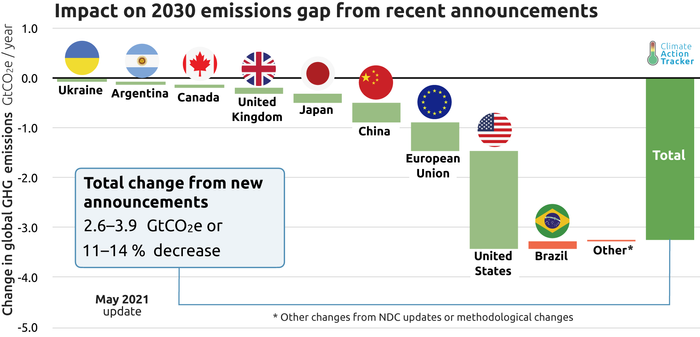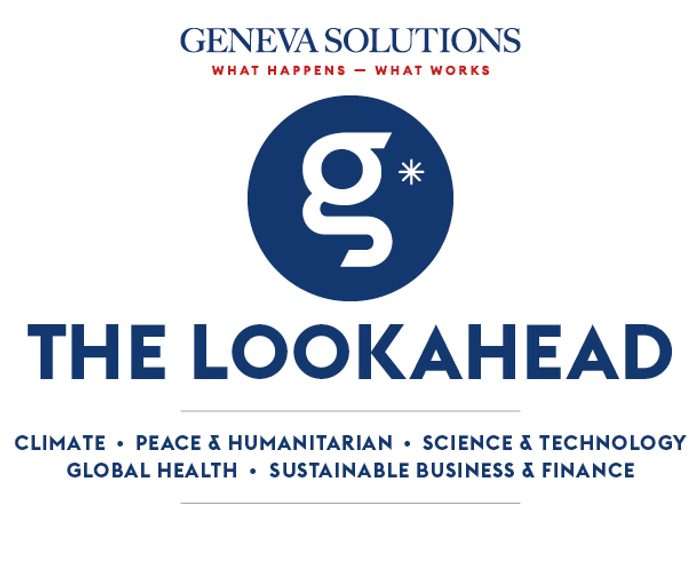Good morning, Michelle here reporting from San José, Costa Rica, where the Escazú agreement, the world’s first pact to protect environmental defenders, was adopted. Even in one of the world’s greenest countries, economic and political actors are still quarrelling about whether to ratify the landmark treaty on claims that it hinders development.
We’re also breaking down another lesser known treaty that, if adopted, could help save our oceans and the precious life they harbour. And we're worried by news that flooding in the Himalayas could increase three-fold due to global warming. |
|
Climate & environment news
|
|

(Pixabay)
|
|
🧭 🌊 A new set of rules for the high seas.
A new treaty for the protection of marine biodiversity in areas beyond national jurisdiction might soon come into force. After over two decades of discussions, this environmental global pact could be what halts the ocean’s rapid decline. The International Union for Conservation of Nature (IUCN), who is following the negotiations closely, helps us unpack what it’s all about.
Geneva Solutions (EN)
|
|
📜 ✊ Protecting environmentalists.
The Escazú agreement, named after the city of Costa Rica where the text was adopted in 2018, isLatin America’s first environmental treaty and also the first to specifically protect environmental defenders. Although it entered into force two weeks ago, many countries where rights defenders face deadly threats have yet to ratify it. Costa Rica’s failure to do so has caused a heated debate.
SDG Knowledge Hub (EN)
|
|
🏔️ ⚠️ Disaster alert.
As the third pole continues to heat up, glaciers are retreating and glacier lakes are expanding. This poses a threat to downstream communities, and it’s bound to get a lot worse. According to new research by the University of Geneva, flooding could triple in the Himalayas if global warming continues down the current trajectory.
Phys.org (EN)
|
|
Here's what else is happening
|

(Copyright: Climate Analytics and NewClimate Institute)
|
|
🌎 📈 Pledges on the right track.
End of the century projected warming has improved by 0.2 degrees, thanks to recent promises made by nations to ramp up their efforts to slash carbon emissions. Although recent commitments to net-zero emissions by countries including the US have played a big role, it is mostly 2030 national determined contributions (NDCs) that have caused the estimates to drop, showing that near-term goals are key, according to the report by Climate Action Tracker.
Climate Action Tracker (EN)
|
|
|
📌 7 May | Connect with GENvironment.
A virtual cup of coffee with an environmental expert from International Geneva. This week, Bruno Pozzi, director of the UN Environment Programme’s Europe Office, will be taking the questions.
GEN (EN)
|
|
📌 9 May | Urban Plogging.
If you’re itching for a change from all the online events and you’re around Chêne-Bourg this weekend, you can go for a jog while picking up litter. Organisers will provide gloves and biodegradable bags.
Thônex/Chêne-Bourg (EN)
|
|
|
Take a deep dive into International Geneva
|
|
|
GS news is a new media project covering the world of international cooperation and development. Don’t hesitate to forward our newsletter!
Have a good day!
|

|
|
Avenue du Bouchet 2
1209 Genève
Suisse
|
|
|
|










